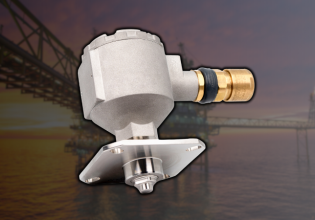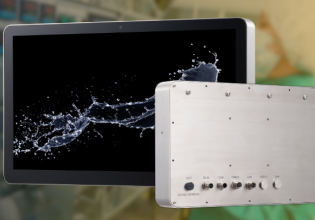P
hi all
can anybody explain, why we need relays?
and if a instrument is giving potential free contact, like pressure switch, then in this case we do not need any relay? am i wrong ?
please clarify me
thanks
pandu
can anybody explain, why we need relays?
and if a instrument is giving potential free contact, like pressure switch, then in this case we do not need any relay? am i wrong ?
please clarify me
thanks
pandu






